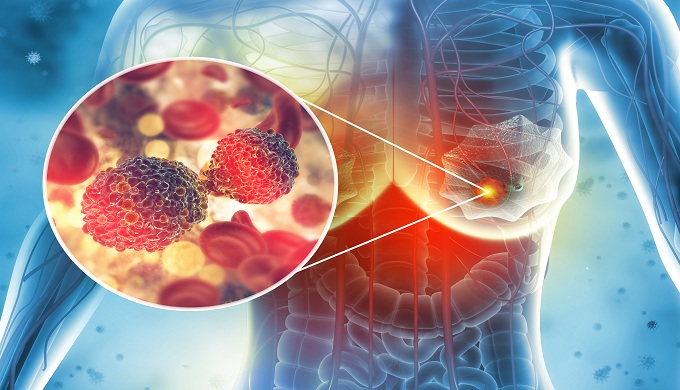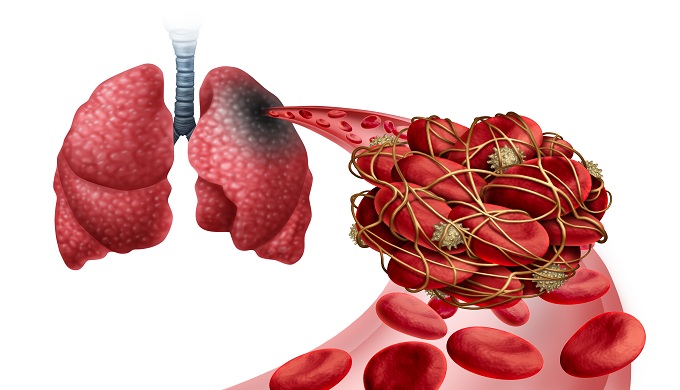Solid tumour CAR T-cell therapy achieves PFS gain in gastric cancer

The first randomised controlled trial of a CAR T-cell therapy in solid tumours has achieved a significant improvement in progression-free survival for patients with advanced gastric or gastro-oesophageal junction cancer compared with physician’s choice of therapy.
Mastectomy, salpingo-oophorectomy improve BRCA breast cancer patient survival

Risk-reducing surgery leads to improved overall survival for breast cancer patients carrying a BRCA1 or BRCA2 mutation, confirm two studies published in The Lancet Oncology.
Childhood cancer survivors might benefit from cochlear implants

Childhood cancer survivors with severe to profound sensorineural hearing loss following chemotherapy or radiotherapy may be candidates for cochlear implants, US researchers believe.
Agnostic dMMR tumour PD-1 inhibitor approach may avoid resection

Patients with deficient mismatch repair (dMMR) cancers may not require surgery after 6 months of neoadjuvant treatment with the PD-1 inhibitor dostarlimab, suggests research published in The New England Journal of Medicine.
Polygenic risk score may improve prostate cancer screening

A polygenic risk score could help direct prostate cancer screening towards those at highest risk for the disease, the BARCODE1 investigators report.
Half-dose apixaban noninferior for preventing recurrent VTE in cancer patients

For patients with active cancer and venous thromboembolism, a reduced dose of apixaban is noninferior to the standard dose for preventing recurrent thromboembolic episodes and significantly reduces the risk of clinically relevant bleeding, report the API-CAT investigators.
‘Accelerated’ onset of aging-related disease highlighted for childhood cancer survivors

Children who survive for at least 5 years after treatment for cancer are 2.7 times more likely to develop one of eight aging-related chronic health conditions before the age of 65 years than members of the general population, US researchers suggest.
Chemoprevention use after TNBC ‘may be reasonable’

Research indicates that women with triple-negative breast cancer might benefit from low-dose tamoxifen to reduce the risk of recurrent or new primary disease.
Quantifying high-risk chromosomal aberrations predicts multiple myeloma prognosis

The presence of two or more high-risk chromosomal aberrations in patients with multiple myeloma is associated with an especially poor outcome throughout the disease course, shows research published in the Journal of Clinical Oncology.
Cancer-related PE death increase shown in the USA

US study findings indicate that the incidence of pulmonary embolism-related death in people with cancer rose significantly between 2011 and 2020 despite an overall reduction in age-adjusted cancer diagnoses and cancer-related deaths over the period.